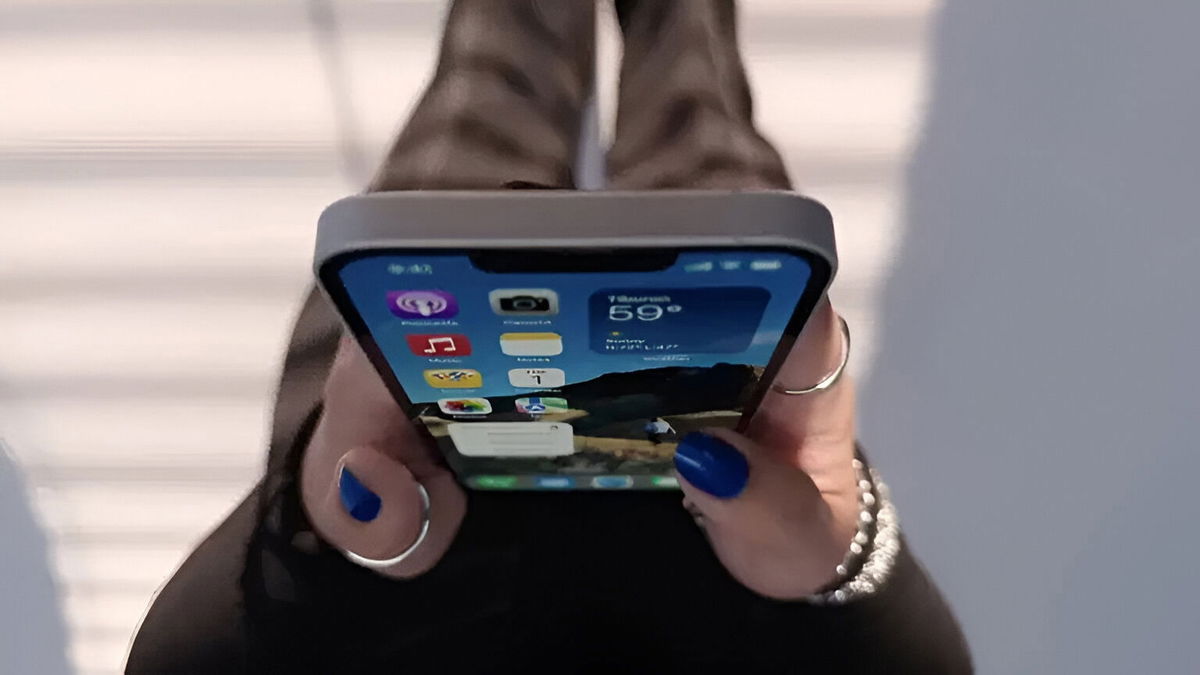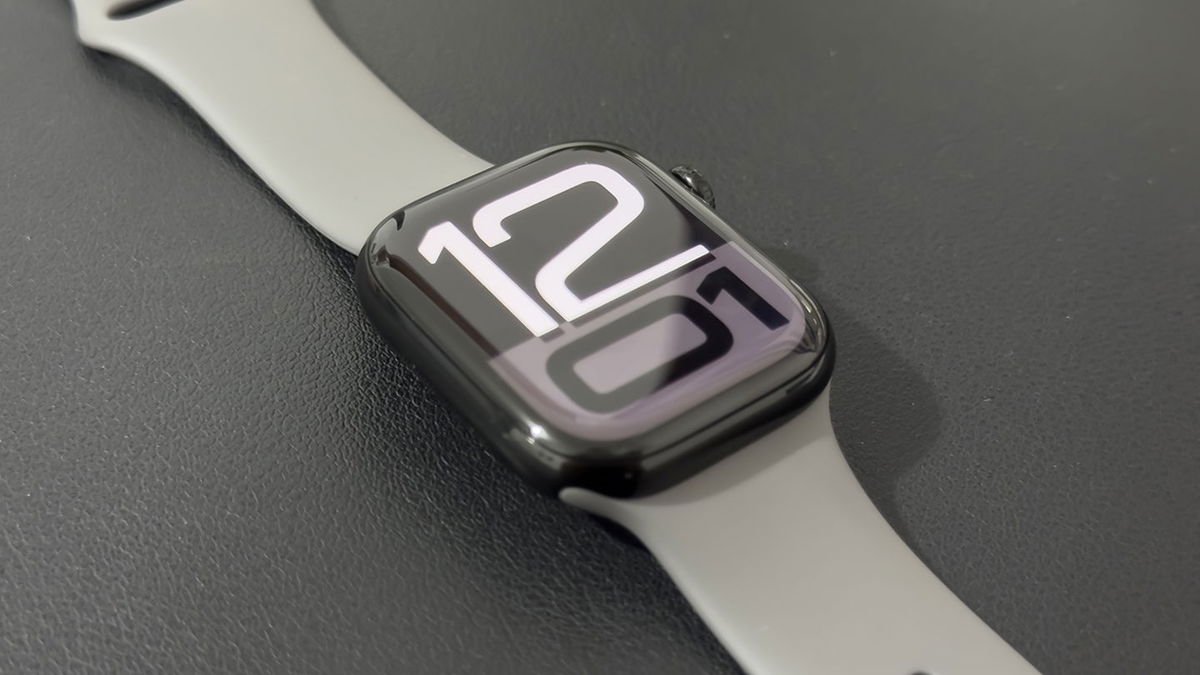It may seem like a crazy idea, but it’s a reality – or at least they hope it will be in the future. A Chinese company has created a mini-nuclear battery capable of generating stable energy, allowing devices such as cell phones or drones enjoy autonomy up to 50 years; something that could put an end to tedious chargers; although it is unlikely that it will be commercialized on a large scale.
The battery, created by Betavolt Technology, measures 15 x 15 x 5 mm. That is, it is significantly smaller than the 5000 mAh battery that we see in most mobile phones. According to the company, this “combines nickel-63 nuclear isotope decay technology and the first diamond semiconductor module”and is capable of generating 100 microwatts and 3 V of electricity through the process of radioactive decay.
How it works? Betavolt Technology claims that the battery generates electrical current through the semiconductor transition of electrons emitted by a radioactive source (in this case isotopes of nickel-63). This is where the diamond semiconductor, just 10 microns thick, comes in. Betavolt places a 2-micron sheet of nickel-63 between two diamond semiconductors, and the energy from this connection is converted into electrical current.
The company assures that the batteries They work well in extreme temperatures. (from -60 to 120 degrees Celsius) and are also modular. That is, it is apparently possible to connect multiple batteries to make the power output even greater, “ideal for automotive applications and artificial intelligence systems,” they say.
A “safe” battery that we are unlikely to see in mobile phones
Betavolt Technology says the batteries are safe and do not emit radiation. Moreover, he claims that they can be used in medical devices such as pacemakers. On the other hand, he claims thatDecayed nuclear isotopes are converted into non-radioactive copper without “any environmental threat.”. Of course, this information should be taken with a grain of salt, especially given the risks of radiation, even in low doses.
In fact, Betavolt claims that these types of batteries They are at the pilot testing stage, and which until now – of course, larger and more powerful – have only been used in the aerospace field and are not suitable for civilian use. The company also emphasizes that this component must pass various regulations and that they hope to bring a 1-watt battery to market in 2025.
So this is a crazy idea that we are unlikely to see commercialized in Europe or other markets due to its potential risk.
Source: Hiper Textual














